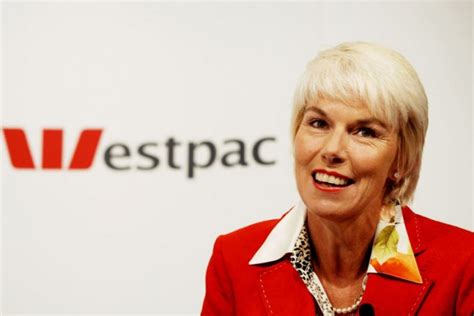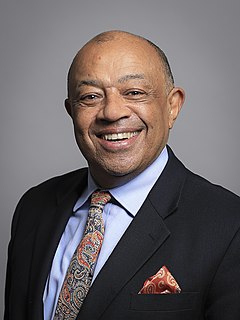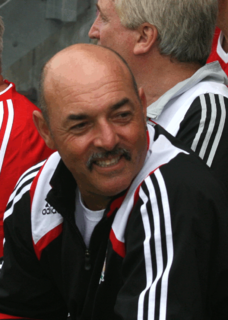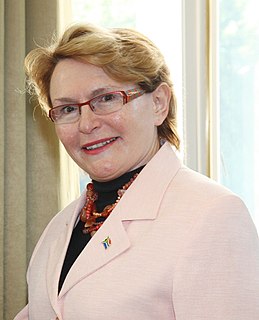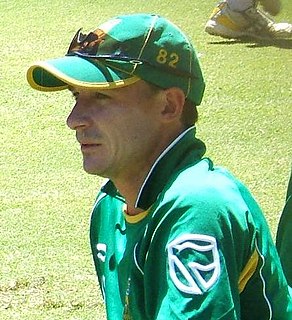A Quote by John Kani
I was 51 when I voted for the first time in 1994, and I look at South Africa through those spectacles.
Quote Topics
Related Quotes
I am honoured to be asked to take on this role, especially as it comes at such an integral time for our relationship with South Africa and the African continent. There shall be many new challenges and opportunities ahead and I look forward to embracing them with great anticipation [on becoming the UK's high commissioner to South Africa]
And now South Africa has finally woken up and it is doing great things. And if South Africa becomes the template to what AIDS is in the sub-Saharan continent, then all the other countries are going to follow suit. And Michel Sidibe, who spoke at the breakfast meeting this morning, was saying that there is so much hope for Africa now that South Africa has got its house in order.
South Africa is not Cameroon. It's a strong economy. I think they should be the first ones setting an example - improving the legal punishments for those that are involved, reinforcing the borders from every angle, meaning that even the diplomatic plane that lands in South Africa should not have the green light to leave without having the plane inspected. Obviously, those guys are often involved. If I get killed for saying that, so be it. That is the fact. There's way too many important people that are involved that don't want to change.
When I was in government, the South African economy was growing at 4.5% - 5%. But then came the global financial crisis of 2008/2009, and so the global economy shrunk. That hit South Africa very hard, because then the export markets shrunk, and that includes China, which has become one of the main trade partners with South Africa. Also, the slowdown in the Chinese economy affected South Africa. The result was that during that whole period, South Africa lost something like a million jobs because of external factors.
All of my life had been spent in the shadow of apartheid. And when South Africa went through its extraordinary change in 1994, it was like having spent a lifetime in a boxing ring with an opponent and suddenly finding yourself in that boxing ring with nobody else and realising you've to take the gloves off and get out and reinvent yourself.

